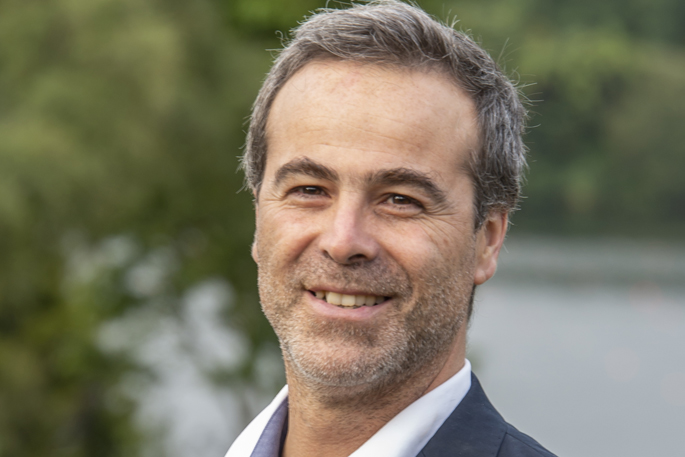“The whole world needs to change their philosophy – from ‘living off the land’ to ‘living with land’, says Lincoln University’s Professor Pablo Gregorini.
Recently presenting some of his latest research at the Organic Dairy and Pastoral Group conference in March, Pablo’s topic was ‘Ground-breaking research on powerful tweaks you can make to boost pasture production and quality’.
Argentinian-born, Pablo has an extensive background in ruminant nutrition and foraging ecology, specialising in livestock production systems. His research programmes at Lincoln are re-envisaging grazing animals in New Zealand’s future landscapes.
“Agricultural products reflect the history of landscapes, foodscapes, and agricultural systems, manifested through soil and plant chemistry, and thereby…our health! Ultimately, we are what we eat, eats,” says Pablo.
Both the farmer and the public have questions around ‘going green’, and considering environmental impact, biodiversity, animal welfare and product integrity, says Pablo. “You can’t go green if you are in the red.”
But he believes science should not look for ‘silver bullets’, and more emphasis should be put on systemic practices, and “to start linking ecological processes with ecosystem health”.
“It’s like solving the Rubik cube...if you focus on one single side, you’ll never win the game. We need to focus on all part of the systems – all sides of the cube – at the same time. The main thing is not to win the game though…rather keep playing!”
Diversity and variety of diets, an animal’s personality and emotions, the link between ingestion, digestion and excretion, and transgenerational links, have all been part of his recent field of research. No single forage has the perfect balance of nutrients, and herbivores need diversity at a pasture and whole-landscape level.
“Farmers are like a chef, designing menus for their animals, and have the power to please and influence their ‘diners’ at both meal and daily menu level.”
Pablo envisages a more holistic approach to manage grazing based on recent advances in the understanding of the nutritional ecology of grazing animals, and proposes management practices that may enable pastoral livestock production systems to evolve continually as complex creative systems.
Mitigating the impacts of people in the Anthropocene – viewed as the period during which human activity has been the dominant influence on climate and the environment – can be enabled through diet to improve human and environmental health.
But Pablo says that will require profound changes in society. People will have to learn we are members of nature’s communities.
“What we do to them, we do to ourselves. Only by nurturing them can we nurture ourselves.”



0 Comments
Leave a Comment